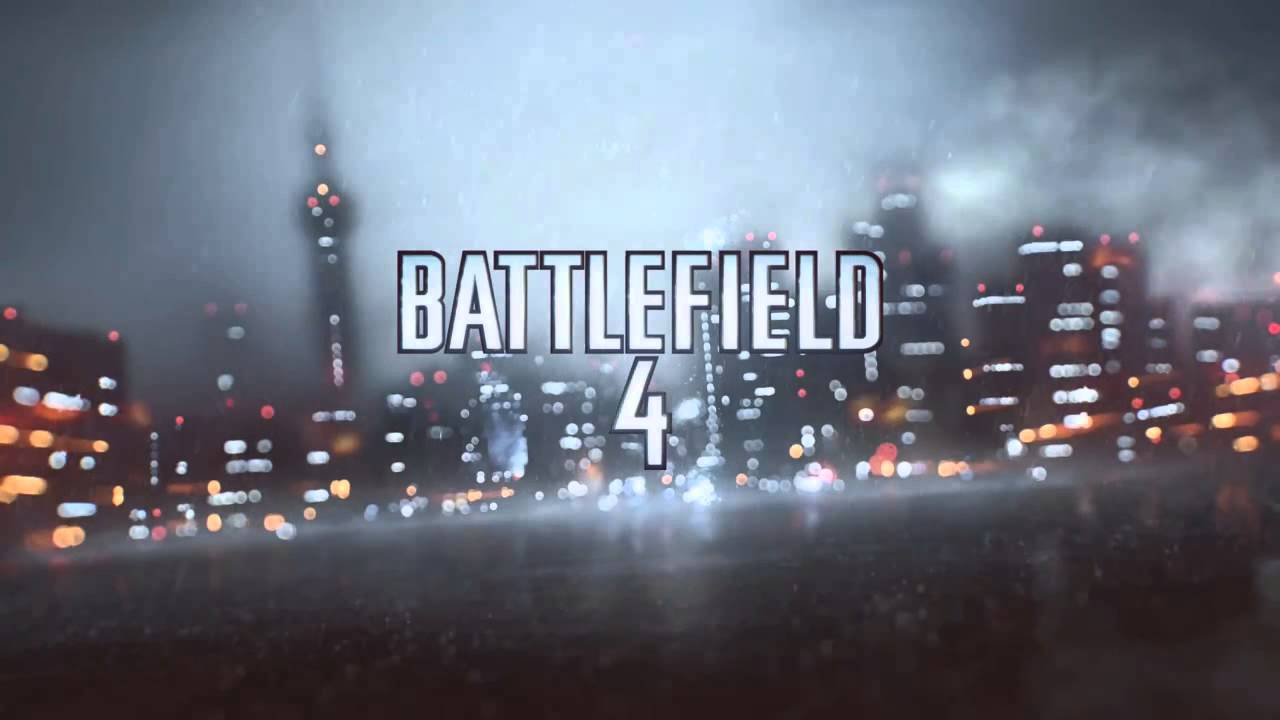In the vibrant, often chaotic, world of live streaming, content creators dedicate countless hours to entertaining, educating, and connecting with their audiences. Yet, beneath the veneer of engaging broadcasts, many face a stark and painful reality: relentless online abuse. Recently, Yulia “NamiNetsu” Zharina, a host for Paragon studio, bravely brought this insidious issue to the forefront, sharing her deeply personal struggle with the deluge of insults and cyberbullying she endures on her Twitch streams.
NamiNetsu`s recent statement wasn`t a plea for sympathy, but a powerful call for introspection. Her distress wasn`t solely from the crude remarks about her appearance, gameplay, or professional worth – things she, like many public figures, has become desensitized to. Instead, it stemmed from a chilling realization: the casual indifference and even joy with which some viewers inflict pain, solely to elicit a reaction. “I cried not because of specific words,” she recounted, “but because it became scary. Scary that being cruel is as easy as breathing, and the suffering of another is just entertainment.”
The Unsettling “Reaction Economy”
This insight strikes at the heart of modern online harassment. It`s no longer just about anonymous trolls venting their frustrations. It`s about a calculated quest for emotional payoff, a perverse form of entertainment where the streamer`s distress is the main event. When asked why he engaged in such behavior, one of NamiNetsu`s harassers simply stated: “I want to catch emotions. Just curious to see the reaction.” This chillingly detached admission highlights a disturbing trend where empathy is replaced by a voyeuristic desire for conflict and emotional spectacle.
“What happened to us? When did we stop seeing the person on the other side of the screen, and not a toy?” NamiNetsu pondered, articulating a question many content creators silently ask.
The digital distance, coupled with a veil of anonymity, often fosters a false sense of impunity. It allows individuals to shed the social norms that govern real-world interactions, reducing complex human beings to mere pixels, devoid of feelings. This dehumanization is the bedrock upon which the most egregious online behaviors are built.
Debunking the “Part of the Job” Fallacy
A common, and particularly frustrating, retort aimed at streamers is: “You chose to be a streamer, what did you expect? It`s part of the profession.” NamiNetsu vehemently refutes this notion, and rightly so. “Part of the profession is to create content, to share, to communicate, to be connected,” she explains. “Not to endure violence, bullying, and verbal humiliation from people who are simply bored.”
This isn`t about shying away from constructive criticism or the occasional playful banter. It`s about distinguishing between genuine engagement and outright abuse. No profession, regardless of its public nature, should implicitly include a clause for enduring psychological harm. To normalize this behavior is not only an injustice to content creators but also a dangerous degradation of online etiquette and human decency itself.
The Rippling Effects: Beyond the Stream
The insidious nature of online harassment extends far beyond the duration of a live stream. It erodes mental well-being, fosters anxiety, and can even spill into a streamer`s personal life. The constant barrage of negativity, often from complete strangers who feel entitled to comment on every aspect of their existence, can be mentally exhausting. As NamiNetsu aptly puts it, “If you absorb this garbage every day, sooner or later it will overflow.”
This isn`t an isolated incident affecting only a handful of streamers. Similar sentiments have been echoed across the gaming community, from professional players to amateur content creators. The former Imperial Female player, zAAz Turkie, for instance, previously spoke out against the disrespect women face during online matches, highlighting a pervasive culture of toxicity that needs urgent addressing.
A Call for Digital Civility
NamiNetsu`s message isn`t about demanding pity or even explicit support. It`s a deeper, more fundamental appeal to humanity. She wishes for a world where kindness isn`t perceived as weakness, and bullying isn`t disguised as humor or “content.”
Ultimately, her plea is for individual accountability. The person behind the screen is not a robot. They have good days and bad days, triumphs and struggles, just like anyone else. To those who engage in online cruelty for “fun,” she offers a sobering thought: “If you are a bad person on the internet, you are exactly the same in real life, you just hide it so you don`t get hurt or ostracized.”
This perspective demands that we, as a collective online community, reconsider our interactions. Every comment, every message, every emote carries weight. Before typing out that thoughtless insult or engaging in a “harmless” jab, perhaps we should pause and remember the human on the other side. The power to cultivate a more empathetic, respectful, and genuinely engaging online environment lies not just with platforms, but with each one of us. It`s time to make a more humane choice.

